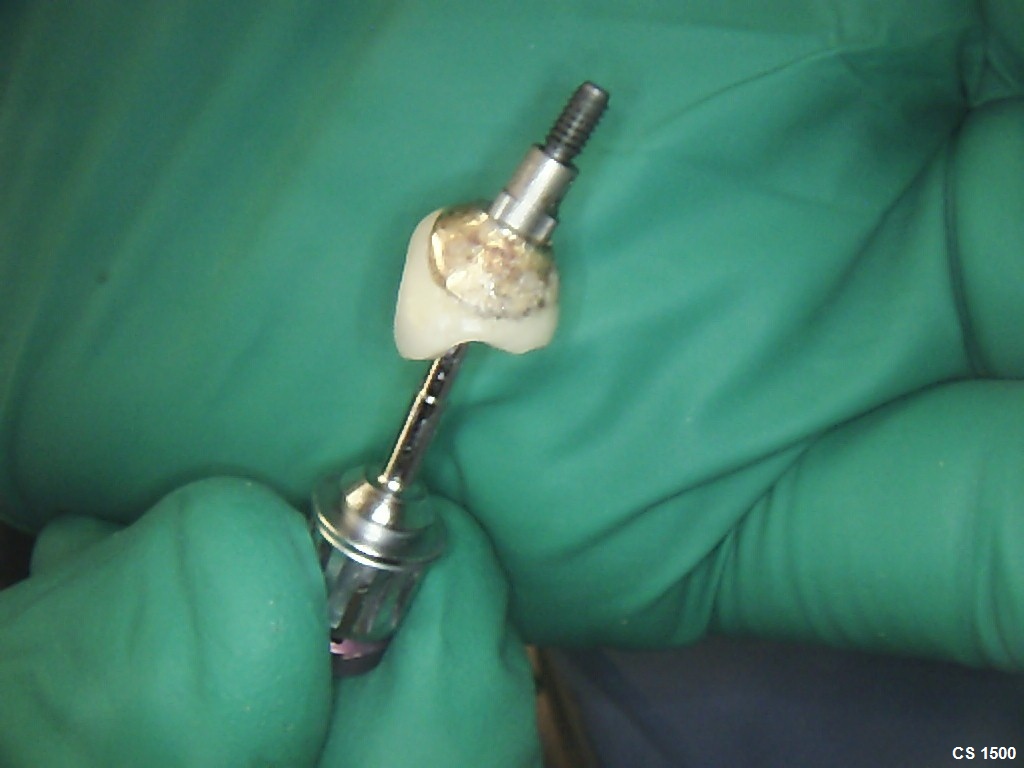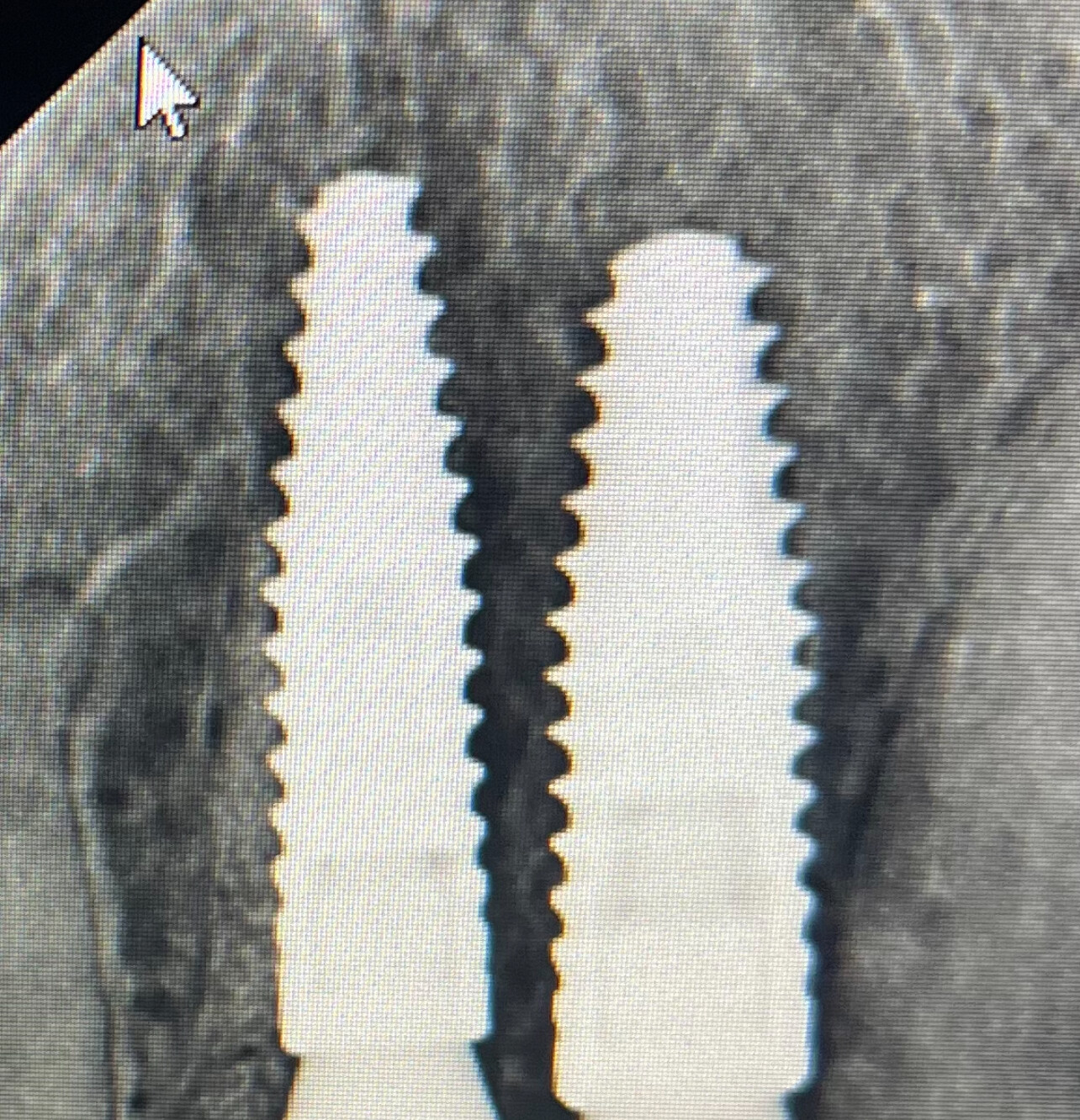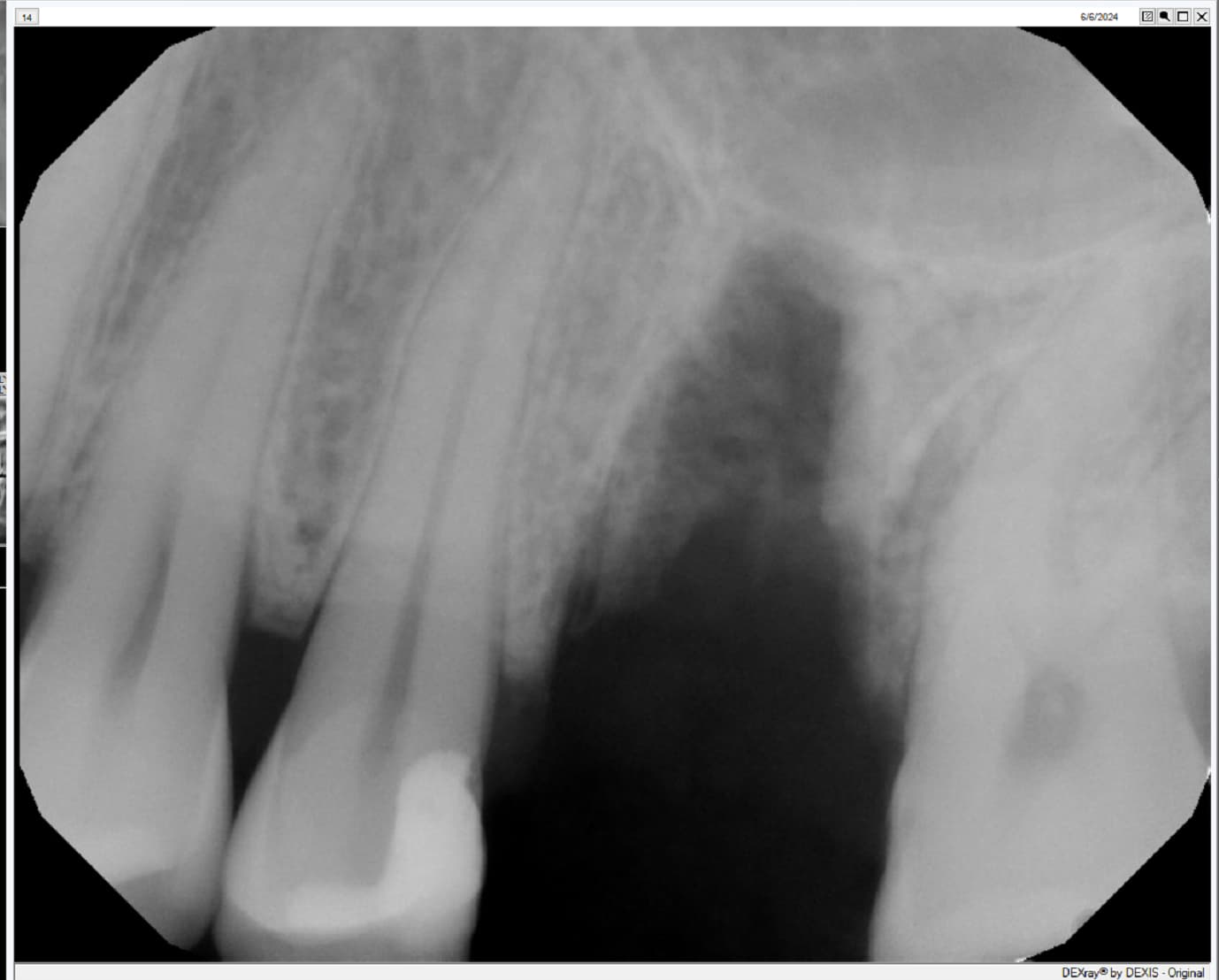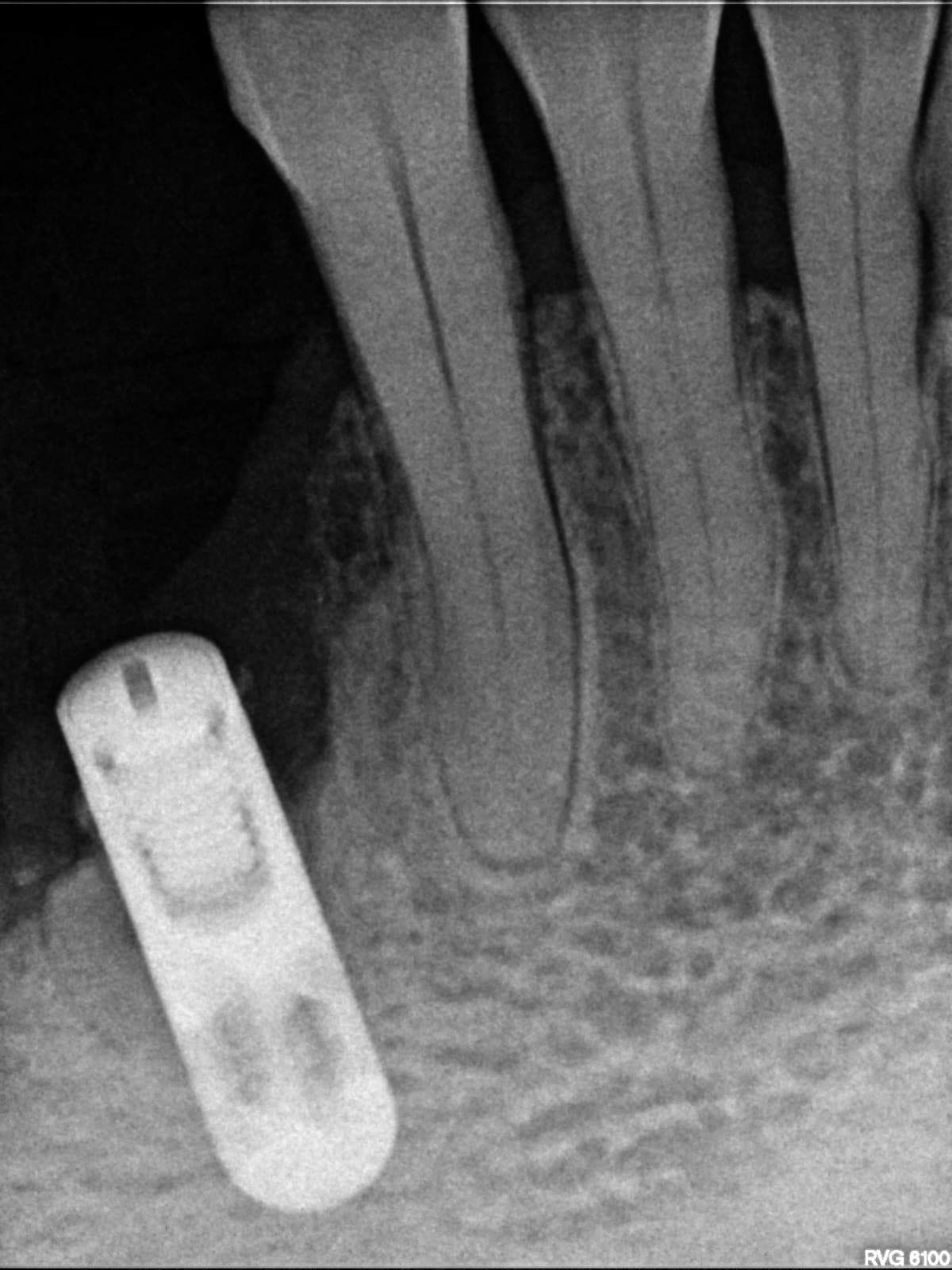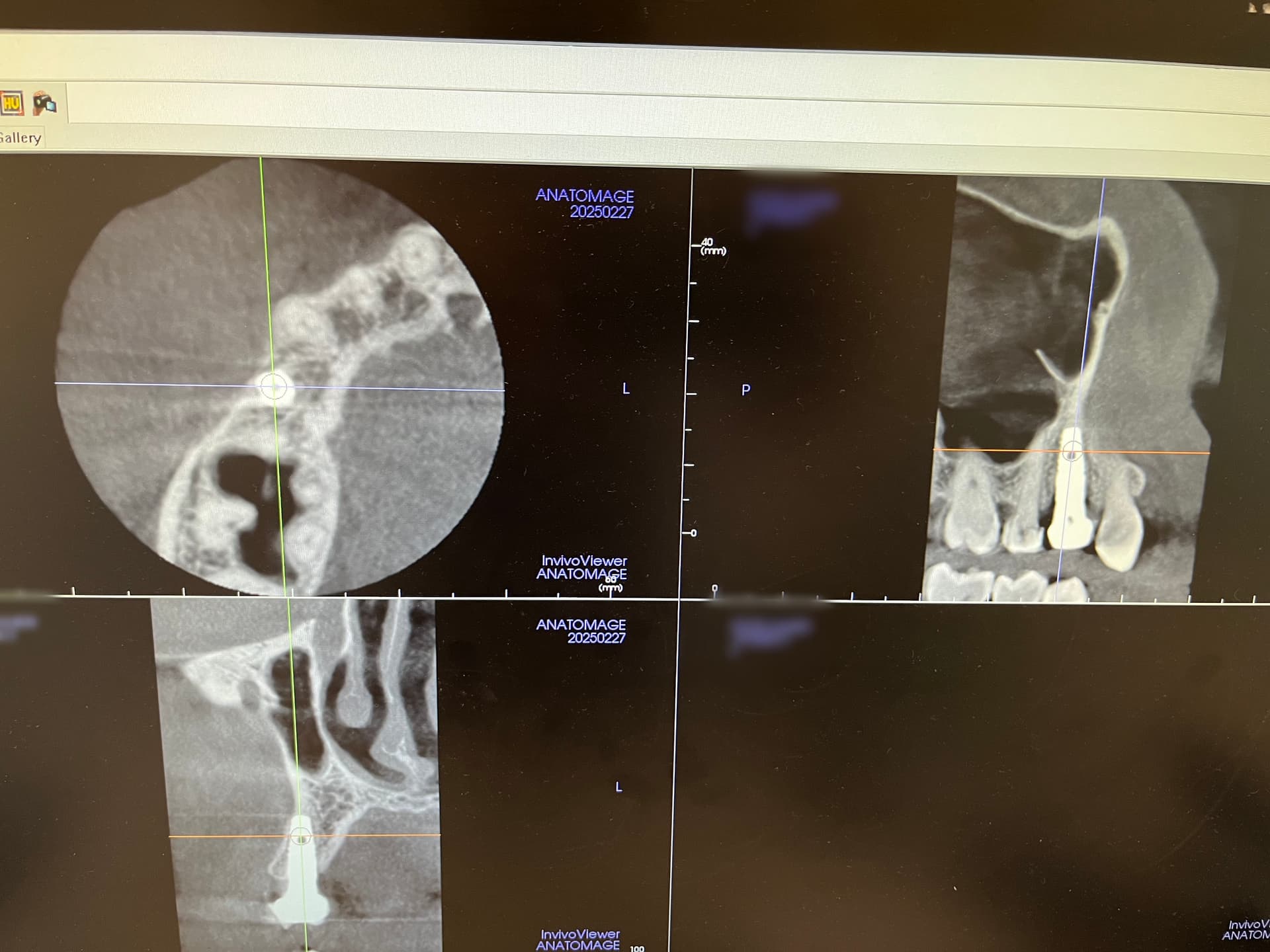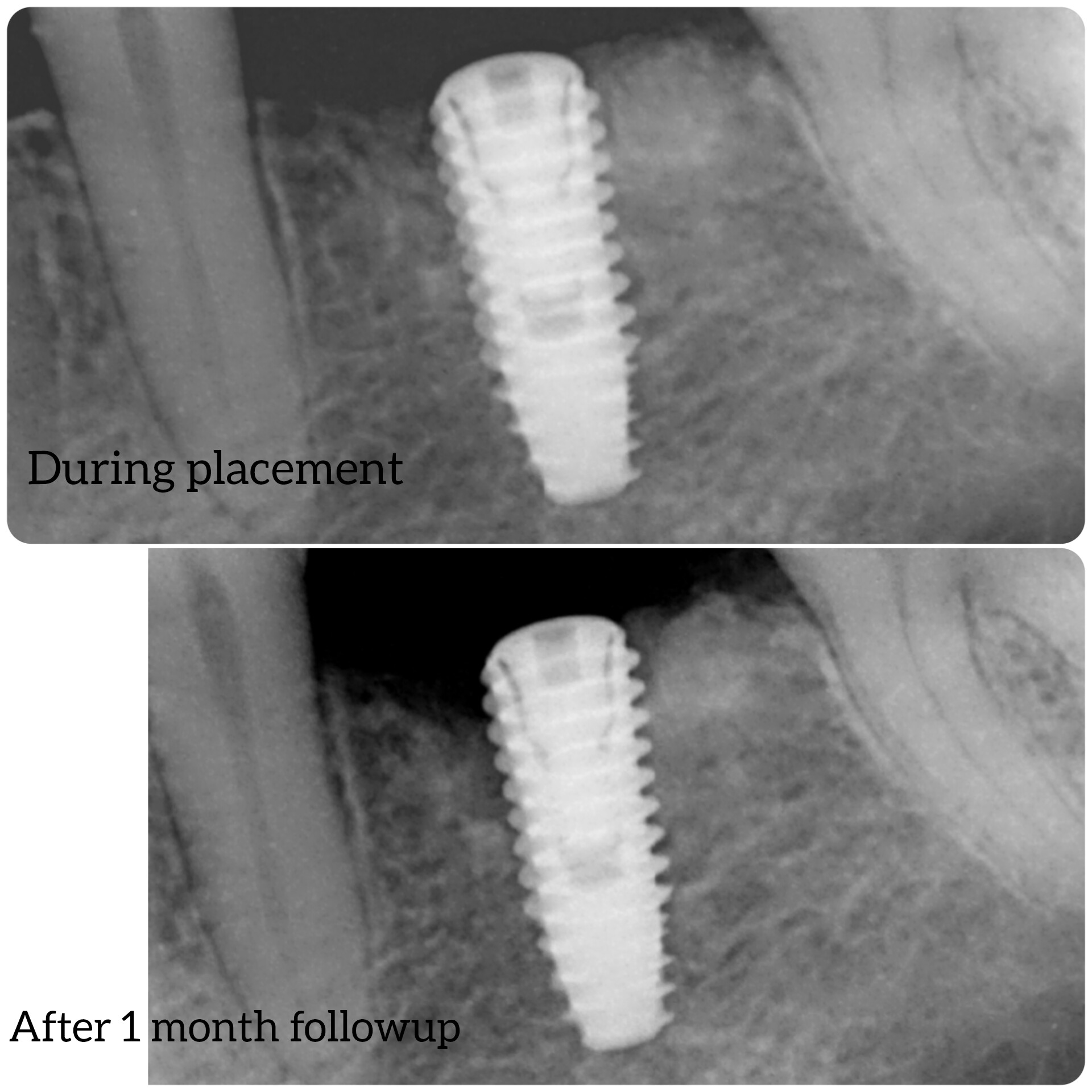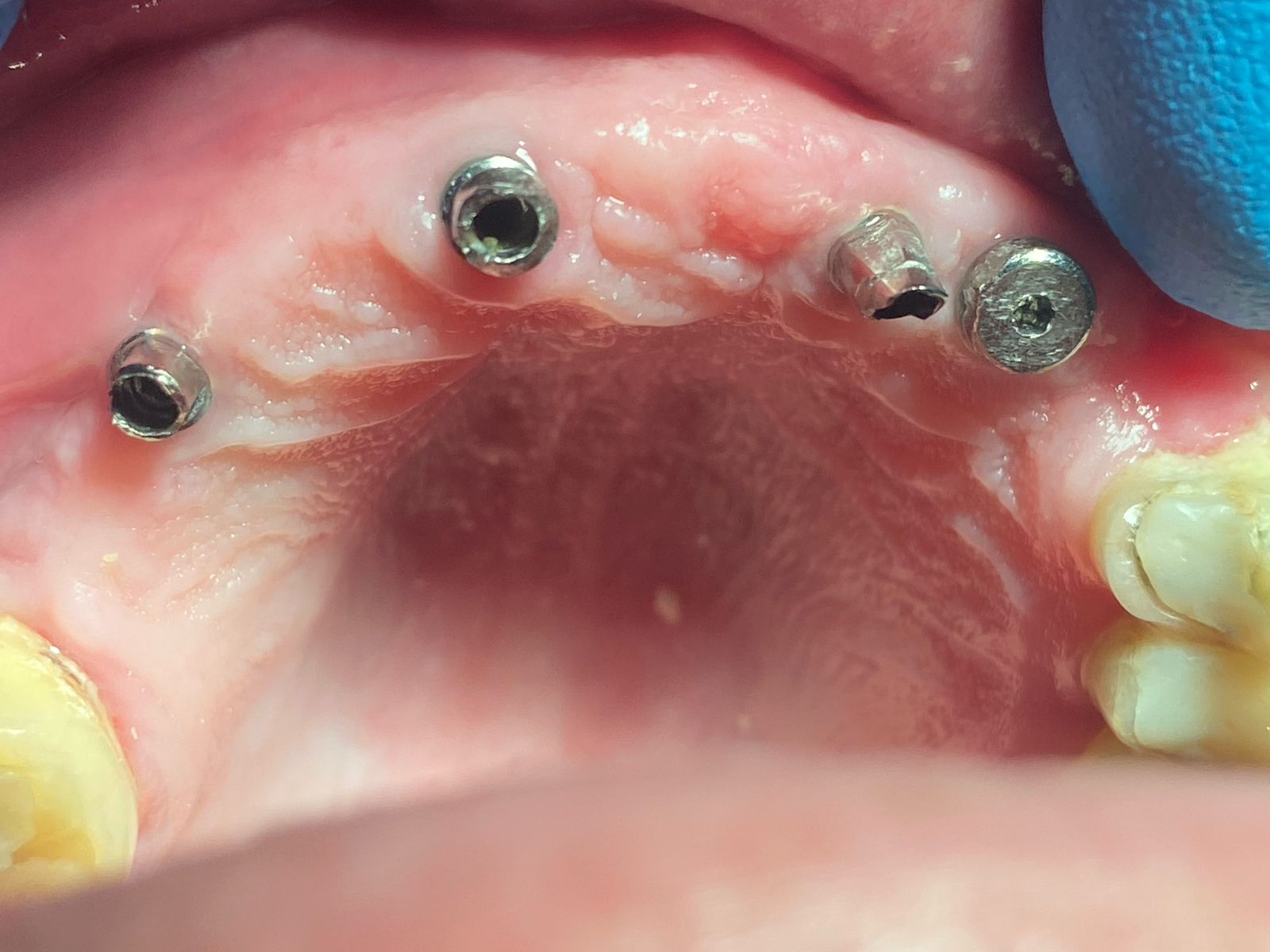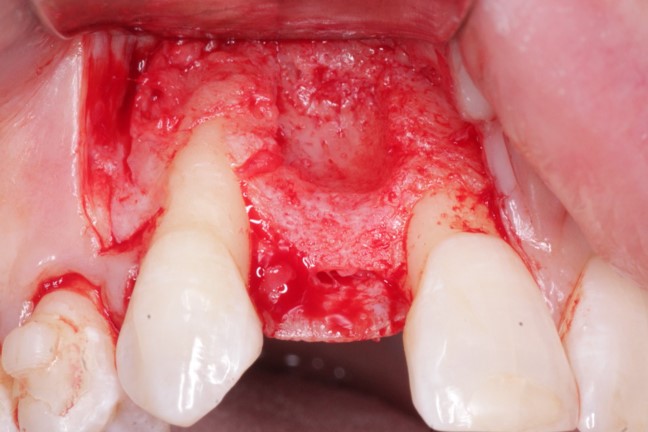HA Coated Dental Implants
Dr. Nimchuk asks:
HA coatings on dental implants have been shown to accelerate surface bone apposition, thereby shortening the waiting period for dental implant restoration.
We also know the HA surface degrades and in some instances separates, so the trend has been to substitute coatings with roughened surface dental implants, which incidentally also show better and more rapid integration times. In addition, we know that titanium alloy dental implants are more fracture resistant than grade one, two or three and that in the case of narrow diameter implants, it makes sense to choose alloy implants.
Based on the above, a dilemma arises with the Replace Implant and the TiUnite surface which out of neccessity require the dental implant to be manufactured in grade 1 titanium. If you wish to use alloy with Nobel implants you can do so only if you use a smoother surface or HA.
My question is: Now that we have 15 years of experience with HA coated implants, how do HA coatings perform over the long term? What is the resorptive factor of HA and the clinical implications of the osseointegrated interface? Can we still say this is a good and viable surface to use and should we therefore possibly choose an HA-coated dental implant in narrow diameters over TiUnite because of the strength of material issue (for those who choose to use a Nobel Biocare Replace product)?










